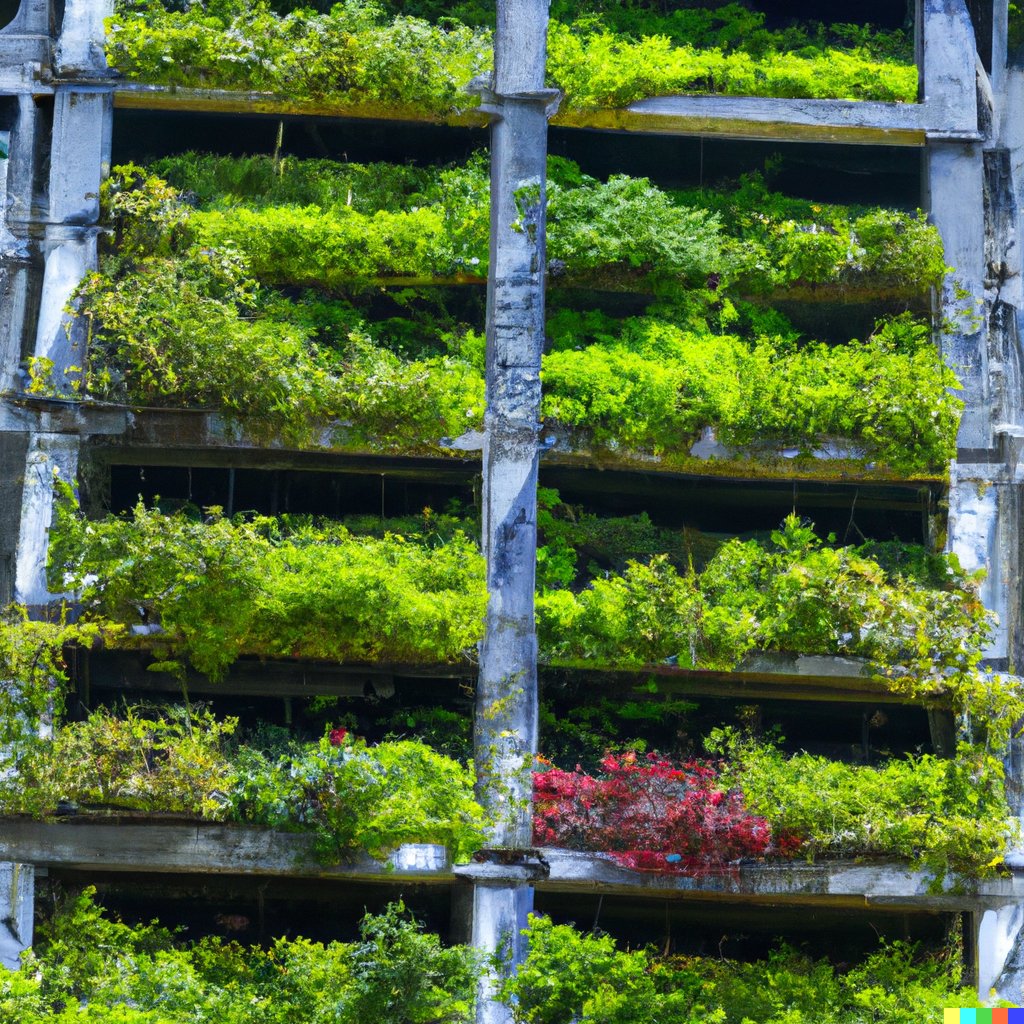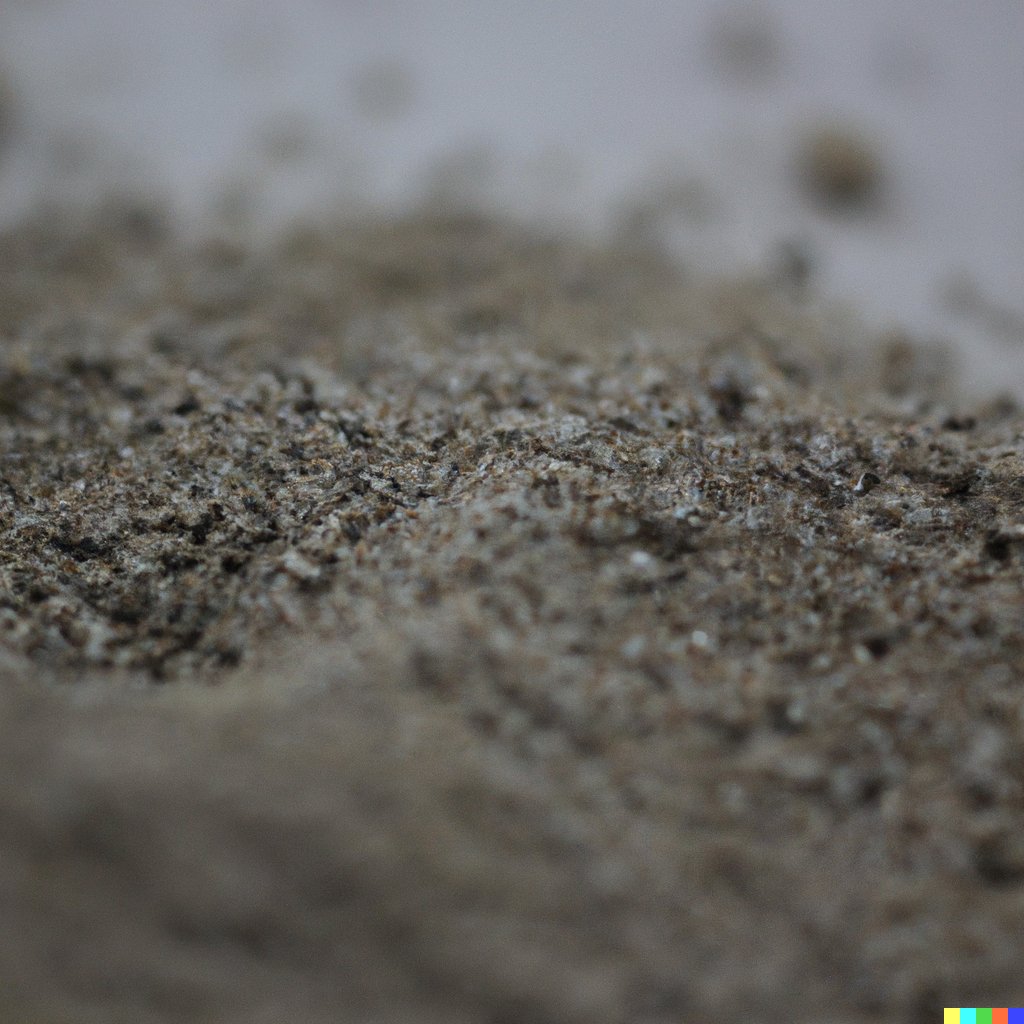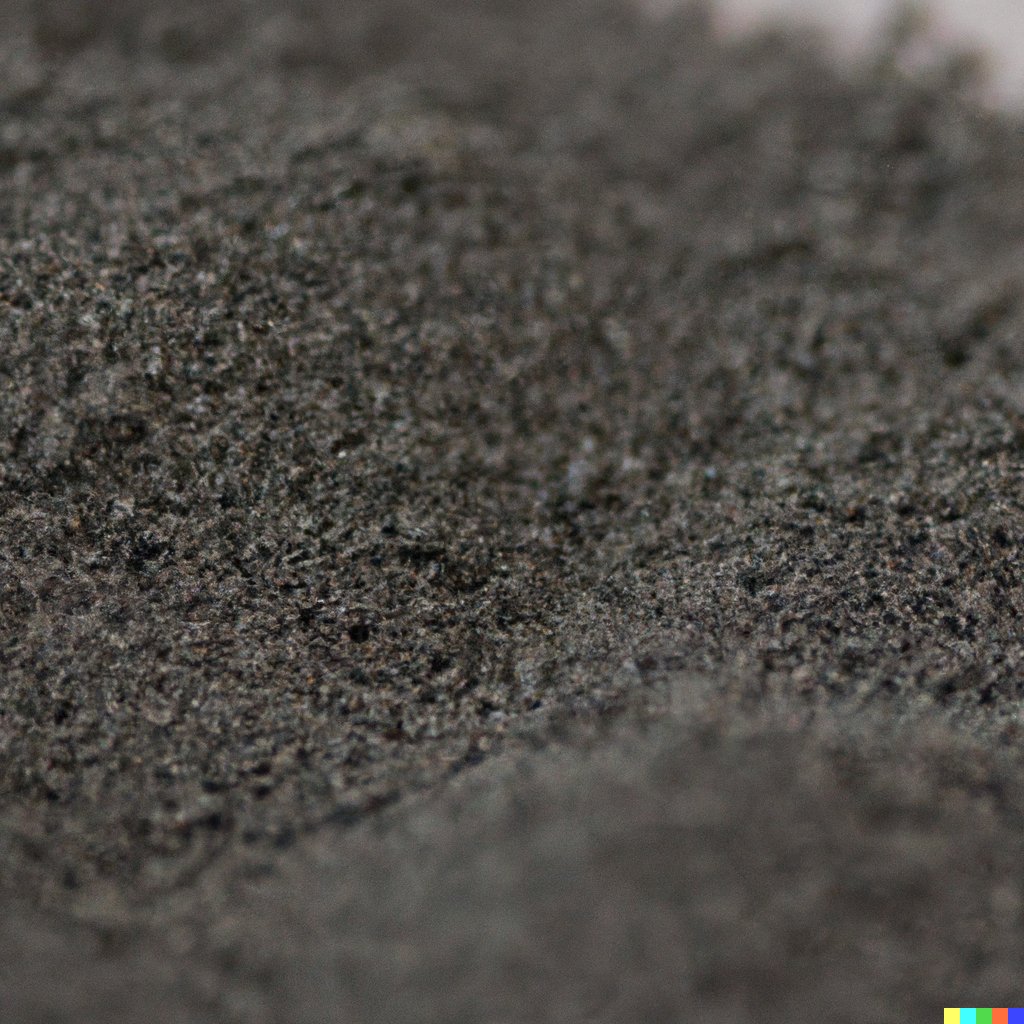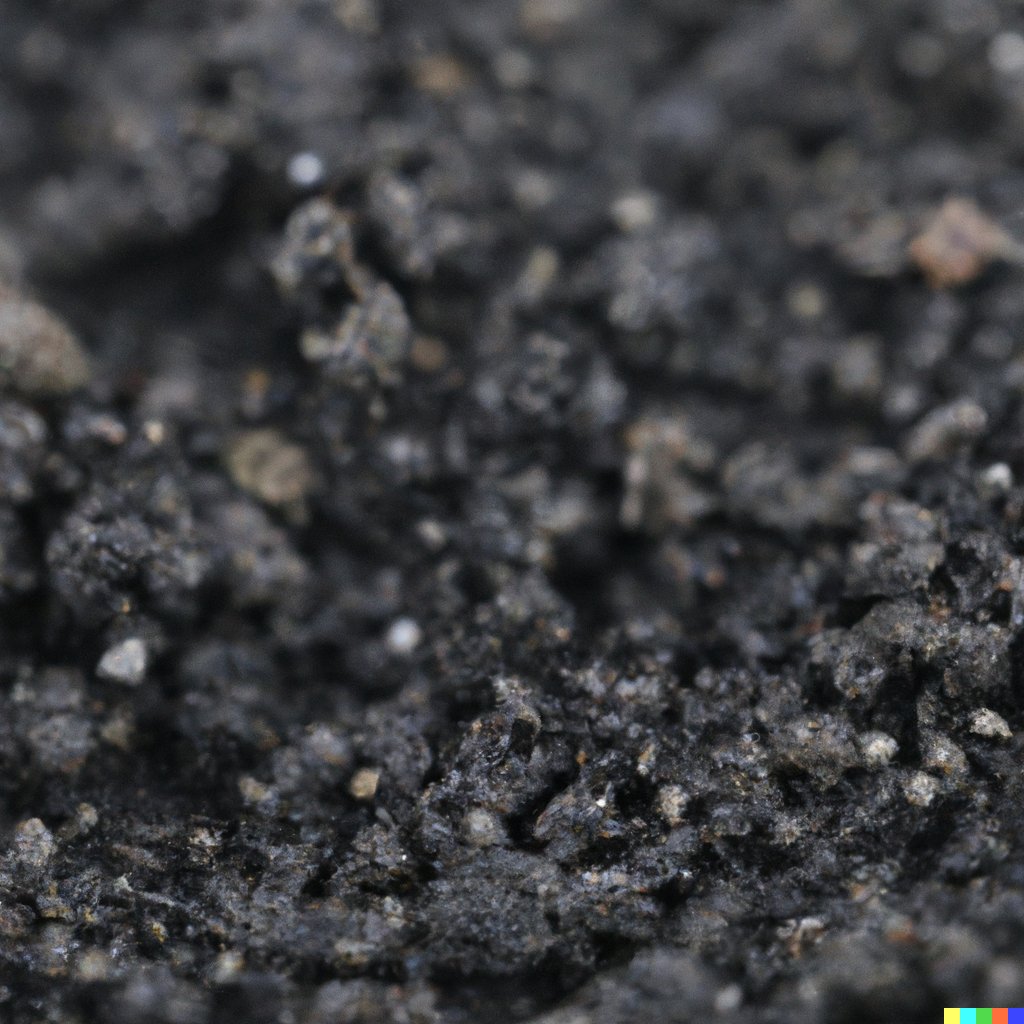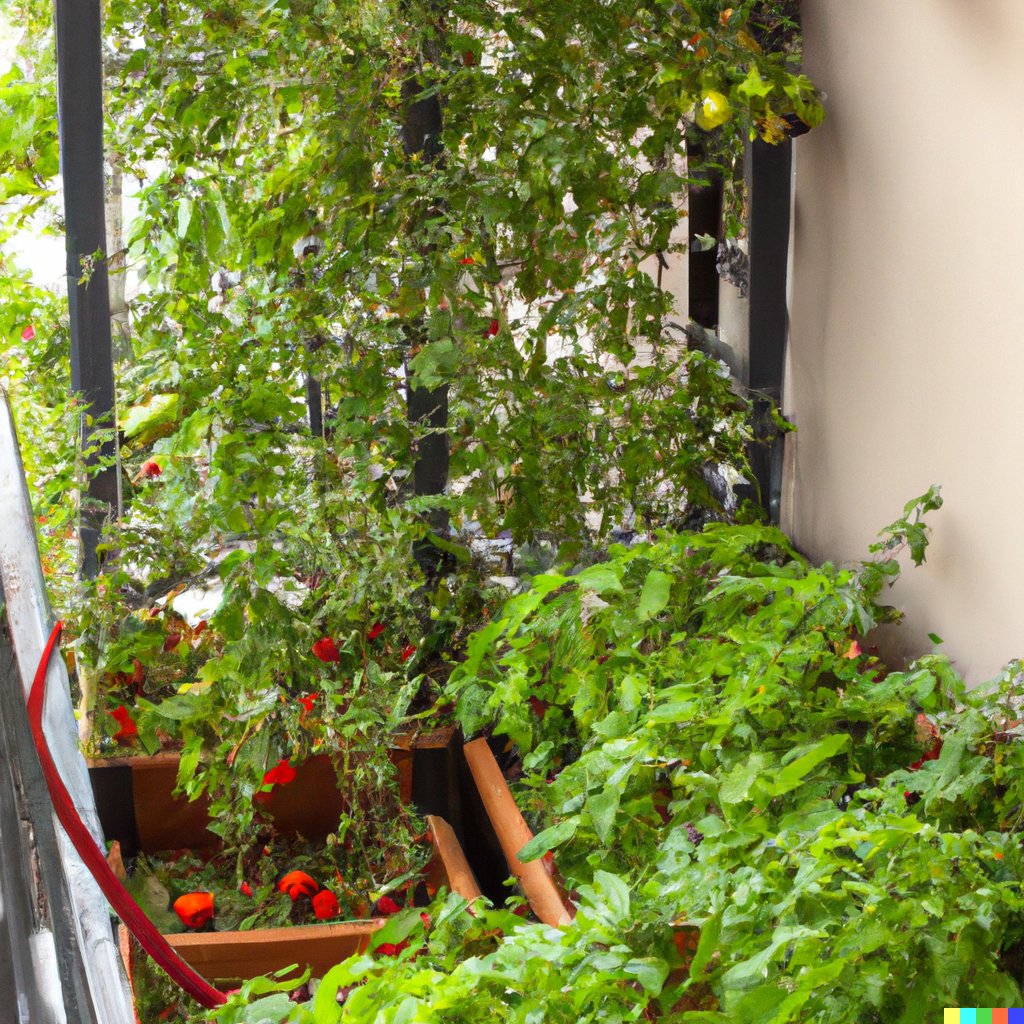
1. Introduction: The Rise of Urban Balcony Gardening
Urban living often comes with the constraint of limited green spaces. However, balcony gardening has emerged as a beacon of hope for many city dwellers. It's more than just an aesthetic endeavor; it’s a sustainable practice that offers numerous health and environmental benefits, especially for families with children.
Balcony gardening addresses several pain points that urban dwellers and environmentally-conscious individuals often face. Here are some of the primary pain points that balcony gardening can help alleviate:
-
Limited Space: Urban living often means limited outdoor space. Balcony gardening provides an opportunity to cultivate greenery in compact areas.
-
Need for Fresh Produce: With concerns over pesticides and the freshness of store-bought produce, balcony gardening offers a way to grow organic fruits, vegetables, and herbs right at home.
-
Mental Well-being: City life can be stressful. Gardening is therapeutic and has been shown to reduce stress, anxiety, and depression. A balcony garden can be a personal oasis in the midst of urban chaos.
-
Environmental Concerns: Urban areas often lack green spaces, contributing to the "heat island" effect. Balcony gardens can help mitigate this by absorbing sunlight, providing shade, and releasing oxygen.
-
Economic Concerns: Growing your own produce can be a cost-effective way to supplement grocery shopping, especially for organic or specialty items.
-
Desire for Sustainability: Balcony gardening, especially when combined with composting and using recycled containers, offers a sustainable way to garden, reducing waste and the carbon footprint associated with transporting produce.
-
Lack of Connection to Nature: Especially for children growing up in urban environments, a balcony garden can provide an invaluable connection to nature, teaching them about plant growth, insects, and the environment.
-
Pesticides and Chemicals: Concerns over harmful chemicals in store-bought produce can be addressed by growing your own organic fruits and vegetables.
By addressing these pain points, balcony gardening offers not only a functional solution but also a deeply fulfilling and environmentally-friendly hobby for urban dwellers.
A Learning Experience for Mia: Mia, a neighbor's 8-year-old daughter, started a small herb garden on their balcony. She meticulously took care of her basil, mint, and rosemary plants. One day, she excitedly showed me a diary where she noted down her observations – from the germination of seeds to the herbs' use in their kitchen. Her balcony garden wasn't just a hobby; it was a hands-on biology and culinary lesson.
The urban shift and the need for green spaces.
In the hustle and bustle of city life, the calming influence of nature often takes a backseat. Yet, research shows that being in or even just viewing green spaces can help reduce stress, lower heart rate, and improve mood. With limited access to parks or gardens, many city residents are turning to their balconies as a solution.
Sarah's Haven: My friend Sarah lives in a bustling city. She started balcony gardening as a hobby but soon realized it was her sanctuary from the daily grind. Over the years, she's grown everything from tomatoes to tulips. Beyond the fresh produce and beautiful blooms, she often says her balcony garden has been her therapy, helping her navigate life's challenges.
Balcony gardening as a sustainable solution.
Balcony gardening offers a compact yet effective way to bring nature closer to home. It's more than just a hobby; it's a sustainable practice for healthy food that not only beautifies our living space but also benefits our health and the environment.
The Butterfly Effect: Last summer, I planted marigolds on my balcony. A month later, I noticed more butterflies frequenting my space. It was a simple addition, but it transformed my balcony into a small haven for these beautiful creatures. Every morning, sipping my coffee while watching the butterflies, became a meditative ritual.
2. Benefits of Balcony Gardening for the Environment
The environmental advantages of balcony gardening are manifold. Not only do plants enhance our personal space, but they also play a role in addressing broader environmental challenges.
Mental Health: A study published in the Journal of Public Health in 2016 found that participating in gardening can improve mental well-being and physical health. Those who had access to a private garden or balcony garden had lower levels of tension and depression compared to non-gardeners.
Reduction in urban heat islands.
Urban areas often experience higher temperatures than their rural surroundings, known as the 'urban heat island' effect. Plants help mitigate this by providing shade and releasing water vapor, cooling the surrounding air and increasing rainfall in the long run. Making it a great tool to fight desertification, climate change and mass extinction.
Urban Heat Islands & Balcony Gardens: According to the U.S. Environmental Protection Agency (EPA), urban areas can be 1.8–5.4°F warmer than their rural surroundings in the evening. The inclusion of green spaces, like balcony gardens, helps reduce this temperature difference. Even on a small scale, plants on balconies can help regulate temperatures by providing shade and through the process of transpiration.
Promotion of biodiversity in urban areas.
Every plant we grow attracts a variety of insects, promoting a mini-ecosystem right on our balconies. This aids in increasing urban biodiversity, offering habitats and food sources for various small creatures. Turning desert like big cities into insects, birds and human heavens.
Promotion of Biodiversity: In Berlin, Germany, a citywide initiative encouraged residents to transform their balconies into green spaces. Over time, they noticed an increase in pollinators such as bees, butterflies, and even certain bird species that weren't commonly seen in such urban settings before.
Carbon sequestration of plants.
Plants absorb carbon dioxide, a primary greenhouse gas, and release oxygen. Even a small balcony garden contributes to this natural process, helping combat urban pollution. We also reduce transport and single use plastic for every herb and every vegetable we grow.
Carbon Sequestration: A university in Melbourne conducted a study on the carbon sequestration potential of urban gardens. They found that if only 10% of a city's households adopted balcony gardening, it could offset a significant amount of carbon emissions annually.
3. Lazy Sustainability: The Low-Effort, High-Impact Approach
Sustainability doesn't always have to be hard work. In fact, some of the most effective sustainable practices are also the simplest.
What is 'Lazy Sustainability'?
Lazy sustainability is all about making eco-friendly choices that are easy to maintain in the long run. It's sustainability for everyday life, focusing on small, effortless changes that, collectively, make a significant impact.
How it fits into balcony gardening.
By choosing hardy, local plants that require minimal care or setting up a drip irrigation system, you can practice lazy sustainability. These choices reduce the resources needed and also decrease the time and effort required, making it easier to maintain a green balcony.
4. Getting Started: Choosing the Right Plants for Your Space
Every balcony is unique, with varying amounts of sunlight, wind, and space. Recognizing these factors is crucial when selecting plants.
Sunlight assessment for balconies.
Monitor your balcony for a day to understand the sun patterns. Does it receive direct sunlight, or is it mostly shaded? This observation will guide your plant choices.
Best plants for shade, partial sun, and full sun:
Shade-loving plants
These plants prefer less than 3 hours of direct sunlight daily, often in the early morning or late afternoon.
Herbs:
- Mint: Thrives in partial to full shade and is an aromatic addition to many dishes.
- Chervil: Often used in French cuisine, it's similar to parsley but with a hint of licorice.
- Sweet Cicely: Its anise-flavored leaves can be used in salads and its seeds as a spice.
- Parsley: A versatile herb that grows well in the shade.
Vegetables:
- Kale: This leafy green can tolerate shade and still produce a decent harvest.
- Lettuce: Leaf lettuces, in particular, can do well in shaded areas.
- Spinach: Prefers cooler temperatures and can grow in partial shade.
- Arugula: This peppery salad green can thrive in partial shade.
Fruits:
- Strawberries: While they prefer full sun, certain varieties can tolerate partial shade.
- Rhubarb: This plant can grow in partial shade, though it might produce fewer stalks.
Partial sun plants
These plants prefer 3 to 6 hours of sun daily, preferably during the morning or late afternoon.
Herbs:
- Thyme: This aromatic herb can grow well in partial sun.
- Lemon Balm: A fragrant herb that's great in teas and salads.
- Cilantro (Coriander): This herb prefers cooler temperatures and can grow in partial sun.
Vegetables:
- Peas: These climbing plants can do well with a few hours of sun.
- Broccoli: This cool-season crop can tolerate partial shade.
- Brussels Sprouts: They can produce in partial sun but may take longer to mature.
Fruits:
- Blueberries: While they love the sun, they can tolerate partial shade. Ensure the soil is acidic.
Full sun plants
These plants need at least 6 hours of direct sunlight daily.
Herbs:
- Basil: Loves warmth and sun, essential for Italian dishes.
- Rosemary: A perennial herb that thrives in sunny locations.
- Oregano: Prefers full sun and well-draining soil.
- Sage: This aromatic herb loves the sun.
Vegetables:
- Tomatoes: They require a lot of sun to produce juicy fruits.
- Peppers: Both sweet and hot peppers love sunny spots.
- Eggplants: These sun-loving plants produce better in full sunlight.
- Cucumbers: These vining plants prefer a lot of sunlight.
Fruits:
- Figs: Dwarf varieties can be grown in pots and love the sun.
- Raspberries: While they can tolerate some shade, they prefer full sun.
- Blackberries: They can produce more in full sunlight conditions.
Remember, while these plants have their sun preferences, other factors like soil quality, water availability, and pot size also play a significant role in their growth.
5. Sustainable Planting: Using Recycled and Upcycled Containers
Repurposing Household Items as Plant Containers
In the spirit of sustainability, many household items can be repurposed as plant containers. Old teapots, tin cans, wooden crates, and even worn-out boots can be transformed into quirky plant pots. Not only does this reduce waste, but it also adds a unique touch to your balcony garden.
Benefits of Using Biodegradable Pots
Biodegradable pots, made from materials like coconut coir, peat moss, or paper, are a sustainable alternative to plastic pots. They decompose over time, enriching the soil in the process. This ensures that when you transplant, the roots remain undisturbed, promoting healthier plant growth.
6. Health Benefits: Growing Your Own Organic Produce
The Nutritional Advantages of Home-Grown Veggies and Herbs
Growing your own produce ensures you get the freshest ingredients packed with nutrients. Studies have shown that freshly harvested vegetables and herbs have higher vitamin and mineral content compared to store-bought counterparts that have been stored for days. Especially when you compost your own soil and add rock dust to ensure all micronutrients are contained. Taste and smell can not be compared to store bought produce.
Avoiding Pesticides and Harmful Chemicals with Balcony Gardening
One of the most compelling reasons to grow your own produce is the ability to control what goes into your soil. By choosing organic fertilizers and avoiding pesticides, you ensure the food you consume is free from harmful chemicals, benefiting your family's health. Every food you produce stops deforestation and insect mass murder. The damage of pesticides can be subtile but for sure is there.
Mental Health Benefits of Tending to a Garden
Gardening is therapeutic. The act of nurturing plants, feeling the soil, and witnessing the fruits of your labor grow over time can significantly reduce stress and promote feelings of well-being. Moreover, the sense of accomplishment from harvesting your own sweet smelling produce is unparalleled.
7. Gardening with Kids: A Learning Experience
Teaching Children About Plant Life Cycles
Balcony gardening can be an educational tool. Children can learn about germination, photosynthesis, and the life cycle of plants. Watching a seed transform into a flowering plant can be a magical experience for a child and instills patience and appreciation for nature.
Instilling Values of Sustainability and Responsibility
Teaching kids about balcony gardening is also a lesson in responsibility. They learn to care for another living being, understanding the importance of regular watering, sunlight, and nutrition. Moreover, it’s an opportunity to teach them about sustainability, recycling, and the importance of reducing waste.
Fun Gardening Projects for Kids
Engage children by assigning them their own pots, letting them paint or decorate them, and allowing them to choose the plants they want to grow. Creating fairy gardens or growing a pizza garden with tomatoes, basil, and peppers can make the experience fun and interactive.
8. Water Conservation in Balcony Gardening
Using Self-Watering Containers
In the lazy sustainability approach, self-watering containers are a boon. They have a reservoir at the bottom that allows plants to absorb water as needed, reducing water wastage and ensuring plants get a consistent supply.
Best Times to Water to Reduce Evaporation
Watering plants early in the morning or late in the evening reduces evaporation, ensuring maximum water is absorbed by the plants. This not only conserves water but also ensures plants get the moisture they need.
Collecting and Using Rainwater in Balcony Gardening
Collecting rainwater in containers is an eco-friendly way to water your plants. Rainwater is free from chemicals found in tap water and is at a pH level that plants prefer. Preferably plants love the soft rain water over hard and often contaminated with chemicals tap water. You also contribute to improve the health of our sick water cycle which is the result of our long way of deforestation and desertification.
9. Composting on Your Balcony: A Lazy Sustainability Tip
Benefits of Composting for Plant Health and the Environment
Composting is like magic for any garden, balcony-sized or larger. It enriches the soil, reduces the need for chemical fertilizers, and lowers your carbon footprint. When organic waste decomposes in landfills, it releases methane, a potent greenhouse gas. Composting prevents this and instead creates nutrient-rich humus to revitalize your soil. We also have to keep in mind: organic material is a limited resource we can NOT afford to lose by contamination or burning!
It enriches the soil, reduces the need for chemical fertilizers, transportation and lowers your carbon footprint. Statistics show that organic waste in landfills releases more methane than any other source. Composting prevents this and instead creates nutrient-rich humus to revitalize your soil.
Easy Methods for Composting in Small Spaces
You might think composting requires a backyard, but that's not the case. Vermicomposting, using worms to break down waste, is perfect for small spaces like balconies. All you need is a container, some red wriggler worms, and your organic waste. It’s a lazy sustainability approach - the worms do most of the work! It actually even saves you valuable time and money in the long run and we reduce the amount of waste the city has to manage.
Anecdote: My neighbor, Sarah, started vermicomposting on her balcony last year. She often shares stories of how her children watch the worms with fascination, learning about decomposition in real-time.
10. Pest Control: Natural and Sustainable Methods
Beneficial Insects for Your Balcony Garden
Nature has its own pest control agents. Ladybugs, lacewings, and hoverflies are beneficial insects that keep pests like aphids and mites in check. By planting flowers like marigolds or calendula, you can attract these beneficial bugs to your balcony garden. The variety of insects and plants of a balcony garden make great ground for kids to explore their environment and understand the importance of biodiversity.
DIY Natural Repellents and Solutions
Instead of reaching for chemical pesticides, consider natural solutions. A spray made from diluted neem oil or insecticidal soap can combat many pests. For a simple repellent, mix a few drops of peppermint or eucalyptus oil with water and spray on plants. There are a variety of formular for all kinds of problems and plants which can easily found for you specific plant. Also forums are a great way to learn and interact with like minded people. Building lasting communities that help and support each other.
Case Study: A study in Toronto found that urban gardens that incorporated native plants and avoided pesticides had a 70% increase in beneficial insect populations.
11. Teaching Our Children: Learning Together
Connecting Kids, Plants, and Parents through Balcony Gardening
Balcony gardening can be a family affair. Children are naturally curious, and plants combined with the insects that inhabit them provide endless opportunities for exploration. From planting seeds to watching them grow, fighting pest and seeing them heal, the entire process can be a shared journey, fostering bonding and imparting valuable lessons.
Long-Term Thinking of Balcony Gardening
Plants, by their very nature, teach patience and long-term thinking. They don’t grow overnight. Teaching kids about the responsibility, growth cycle, the importance of consistent care, and the joy of harvest instills values of persistence, foresight, and delayed gratification. This is a great way to imprint the next generation with sustainable values from the beginning and hopefully they will evolve sustainability to be more effortless and healthy.
Anecdote: My friend's son, Jake, once planted a sunflower seed in a small pot on their balcony. Every day, he'd excitedly check its progress, and his joy was palpable when, after weeks, it finally bloomed. It was a lesson in patience he'll never forget.
12. Conclusion: The Larger Impact of Small Spaces in Balcony Gardening
Reflecting on the Cumulative Positive Effect of Urban Balcony Gardens
Balcony gardens might seem insignificant in the grand scheme of things, but collectively, they have the power to combat urban heat islands, promote biodiversity, and improve air quality. Moreover, they provide a daily reminder of our connection to the Earth and our role in its stewardship. They also contribute to a healthy rain cycle
Statistic: Urban areas account for over 70% of global CO2 emissions. However, plants, even on a small scale like balcony gardens, can absorb up to 150kg of CO2 annually.
Encouraging Readers to Start Their Own Balcony Gardening Journey
Every plant you nurture, every compost you make, and every natural pest solution you use contributes to a more sustainable and healthier world. The beauty of balcony gardening lies in its simplicity. It’s a testament to how small, consistent efforts can bring about meaningful change. So, whether you have a sprawling balcony or just a tiny nook, embrace the world of balcony gardening and witness the transformative power of green.
FAQ: Diving Deeper into Balcony Gardening
Q1: Can I grow root vegetables in a balcony garden?
A: Absolutely! While root vegetables typically require deeper soil, you can use deep containers or pots. Carrots, radishes, and beets are particularly well-suited for balcony gardening when provided with the right depth.
Q2: How do I protect my balcony garden from strong winds?
A: Wind can be a challenge, especially in high-rise buildings. Consider installing windbreaks like bamboo screens or trellises. Additionally, selecting sturdy plants or those that thrive in windy conditions, such as ornamental grasses, can be beneficial.
Q3: What if I don't have enough space for composting?
A: You don't need a lot of space to compost. There are compact compost bins designed specifically for small spaces. Worm composting, or vermicomposting, is another excellent method for balconies, turning kitchen scraps into rich compost with the help of worms.
Q4: Can I garden year-round on my balcony?
A: Depending on your climate, you might be able to garden year-round. In cooler climates, consider cold-hardy plants or use protective covers. In warmer climates, focus on plants that can handle heat and ensure they're well-watered.
Q5: How do I maximize space in my balcony garden?
A: Vertical gardening is your best friend! Use hanging planters, wall-mounted pots, and tiered stands. Climbing plants like beans and peas can be trained to grow upwards, maximizing vertical space.
Q6: Are there any community groups or forums for balcony gardeners?
A: Yes, many! There are numerous online communities, forums, and social media groups dedicated to balcony gardening. Joining these can provide valuable tips, inspiration, and a sense of community.
Q7: How can I involve my children more in our balcony gardening?
A: Kids love hands-on activities. Let them have their own pot or section of the garden. Encourage them to choose, plant, and care for their own seeds. Documenting plant growth, observing insects, or even painting pots are fun ways to get them involved.









